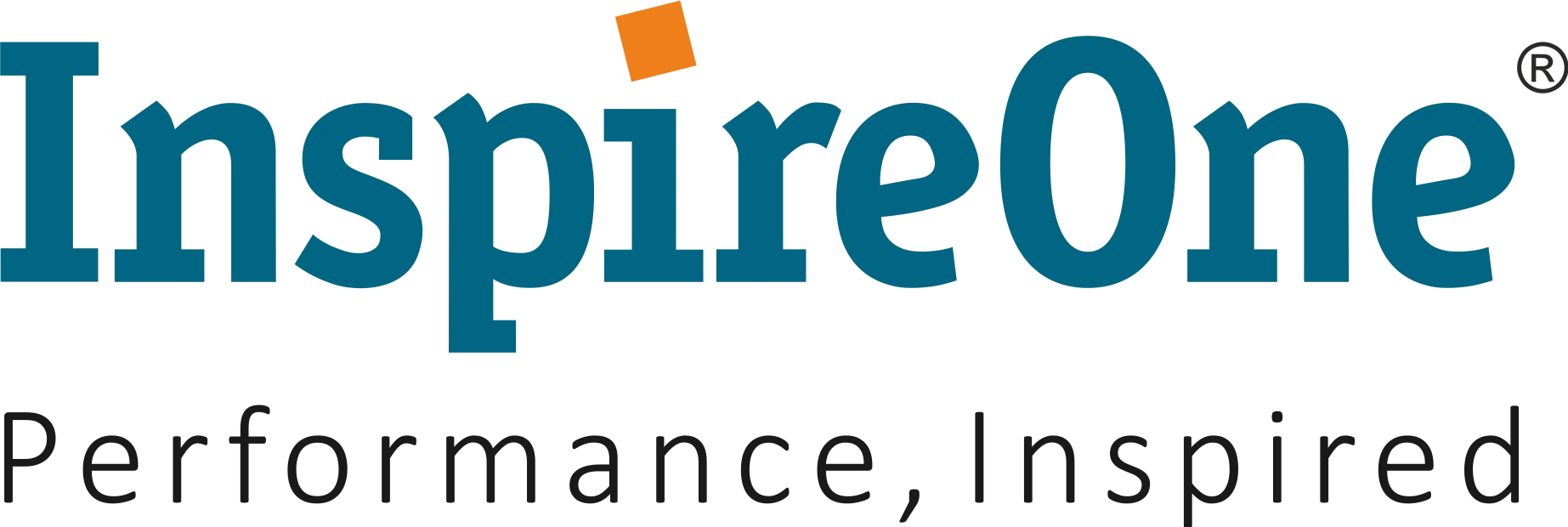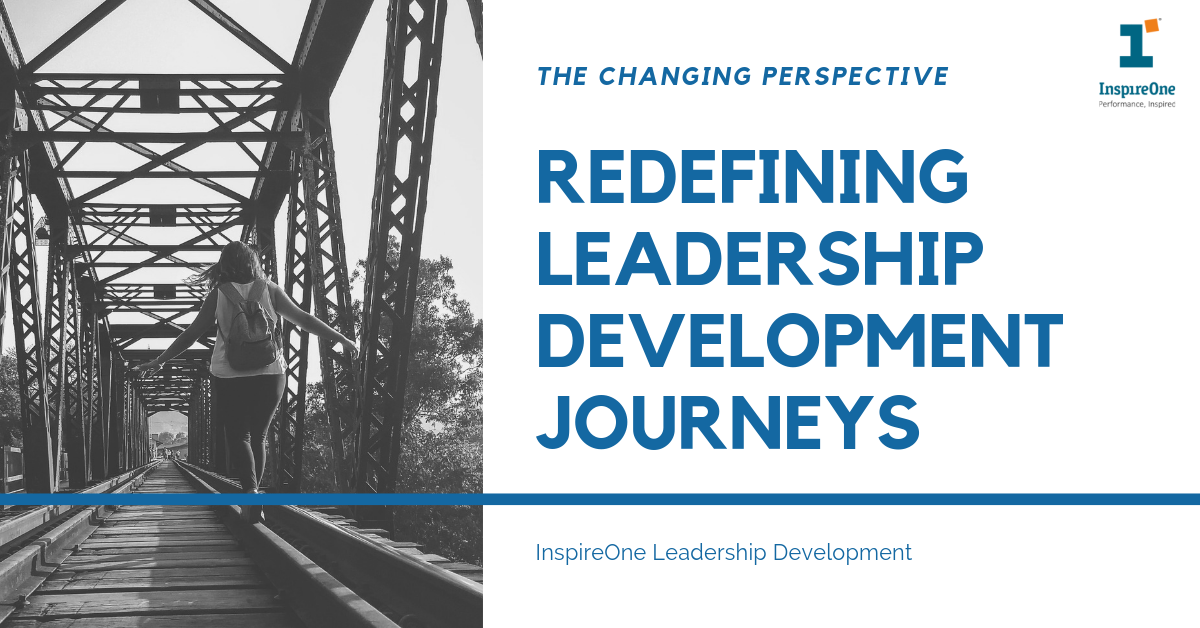“Everything changes and nothing remains still you cannot step twice into the same stream”
– This defines today’s leadership development.
Background
With change being the only constant, no two leadership situations are the same. While organizations today realize the importance of right leadership in driving success; they are unsure about how to develop their potential talent.
Our experience of working with learning journeys over the past 5 years
Since Indian organizations have been immersed in scripting their growth stories for the past few years, leadership development has followed as a natural progression. In our experience, most organizations fully understand that development is not just an event and much more needs to be done to create business results. Enter – leadership development journeys – emanating from this understanding.
Looking back at our experience, the results of these journeys have indeed been a mixed bag for organizations, consulting partners and the participant leaders themselves.
Some of the positive experiences are mentioned below:
#1 Greater focus on assessments has brought more data and better clarity around development gaps
#2 Potential development for emerging leaders is a Leaders/participants feel more engaged and empowered as a result of understanding what needs to be developed and how this would happen because of the integrated approach the journey provides
#3 Because of the adoption of the concept of 70:20:10 by organizations a more holistic and effective development framework has come into existence. Development focus has moved up some notches
However, equally, there are challenges that this approach has brought.
Challenges
#1 While all stakeholders understand the value & importance of leadership development, the focus given is still not enough. Balancing the results in the here and now vs. the important but not urgent development journeys, is no easy task for stakeholders, and even those leaders committed to their development find their focus wavering.
#2 Leadership development is real hard Besides the ecosystem support, it requires hard work from all stakeholders – Participants need to commit to considerable time & stretch, supervisors need to devote their time to coaching & talent teams to ensuring that the learning events in a journey are seamless. This ‘hard work’ cannot be outsourced. However, insightful understanding of strengths & gaps by the participant leaders and a strong support through coaching to build behaviors. The learning processes adopted by organizations are usually disjointed, based on “what sells internally” and is easy to implement. The measures are loosely defined and focused on less relevant things – e.g. feedback scores post workshops. Partly this is because it is hard to do harder things in an already complicated world. And mostly, because it requires a shift in mindset & skill set of stakeholders – always tough to accomplish. Companies and leaders who decide to embark on this journey need to be prepared to work hard
#3 Our experience is that one way that organizations respond to leadership journeys is by looking at partners who are known & credible in their areas. These “specialist” partners are great in their specific areas. But integrating the specific pieces together becomes another big challenge, leading to a considerable loss of effectiveness
#4 Most organizations find it difficult to manage the 70% learning (70:20:10 principle). They lack skills to link competencies to on-the-job business projects that are supported by effective learning Skill gaps in coaching further reduces the efficacy of leadership journeys especially where behavior development is key
#5 Leadership behaviors of engaging in development process continues to be less visible particularly in not so mature organizations where measurements/KPIs’ around ‘developing talent’ are not in place. Obviously, such organizations have challenges in building a development culture
#6 For a participant leader, the consequence of a hard-earned development must be some movement – firstly the changed behavior has to be acknowledged, next the insight of how this is of help in the current role or future role has to be established. Most often, this is left to the individual to figure. It is no wonder that the once motivated participant leader soon becomes a passive follow
What are the options that organizations have?
#1 Development & Business results are interlinked comprehensively. Unless business leaders & talent development teams don’t work together to create and support this linkage, a virtual tug of war will pull people in opposite directions. When reviewing people processes, companies would do well to link these strongly to business results
#2 Talent Development functions need to build confidence in their abilities to add value to business, constantly build relevant skills, get out of their silos to work shoulder to shoulder with business
#3 Organizations should build KPIs’ around developing people and ensure that these are a part of every leader’s goal sheet. Ensure skills of coaching & developing others is in place and these are reviewed periodically and create a space to learn
#4 Review Competency/Talent frameworks periodically, so that the measurement & development is happening in the right areas
#5 Most important is to build commitment. Take small bites. Learning journeys are a must for organizations – but sustaining them to get the right results requires alignment, skills & leadership behaviors. Keep at it – you would arrive at desired results, slowly but surely
Conclusion
Leadership development is not a choice. While discussions for answering questions like – develop for now/develop for future or develop all vs develop potential leaders will carry on , the key point is that organizations need to find their fulcrum, learn from the past and embark on leadership development journeys with clear measures around what will create the most significant results. Combined with a distinct approach & a design to deliver multiple learning experiences organizations can hope to accelerate leadership capital significantly.
References
Career Architect Development Planner, 5th Edition. (2010). In R. W. Michael M. Lombardo.
David Rock (Director, N. I. (n.d.). Rethink Your Leadership Development Strategy. Retrieved from https://membership.neuroleadership.com/material/rethink-your-leadership-development-strategy/
How can organizations develop their leadership capability? (February 2014). IBM.








